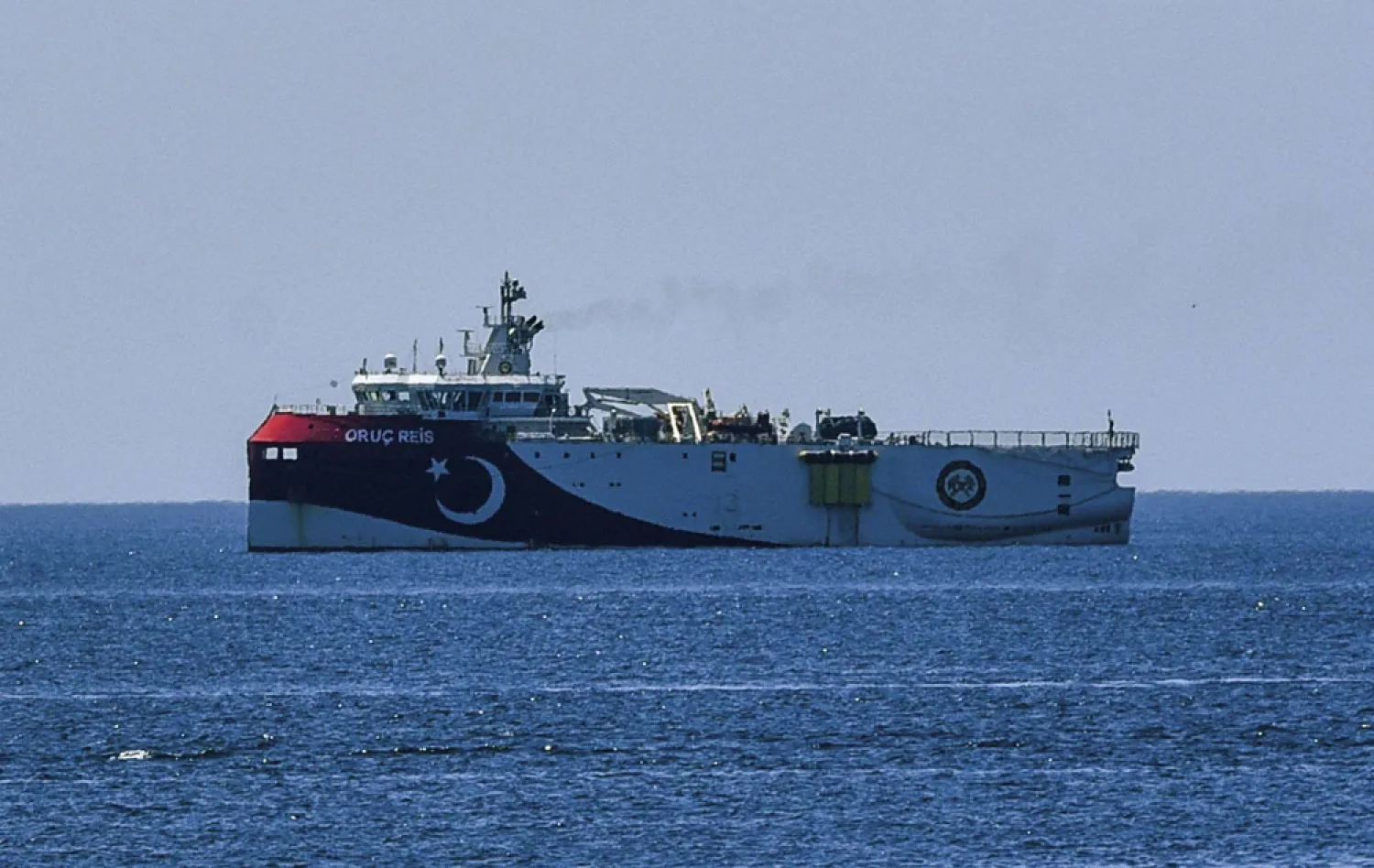Greece has warned it will do "whatever is necessary" to defend its sovereign rights in response to plans by neighbor Turkey to proceed with an oil-and-gas research mission south of Greek islands in the Eastern Mediterranean.
The dispute over seabed mineral rights has led to increased navy deployments by both NATO members in the region, where a Turkish research vessel, the Oruc Reis, is being prepared for a survey mission.
Greek government spokesman Stelios Petsas described the mission as a direct violation of Greek sovereignty.
"The government is underlining to all parties that Greece will not accept a violation of its sovereignty and will do whatever is necessary to defend its sovereign rights," Petsas said.
Greece and Turkey have been at odds for decades over sea boundaries but recent discoveries of natural gas and drilling plans across the East Mediterranean have exacerbated the dispute.
Turkey argues Greek islands should not be included in calculating maritime zones of economic interest - a position that Greece says is a clear violation of international law.
The survey ship Oruc Reis remains anchored at the port of Antalya, in southeastern Turkey, but a navigational telex issued by the port says the mission planned through Aug. 2 remains "valid and effective."









